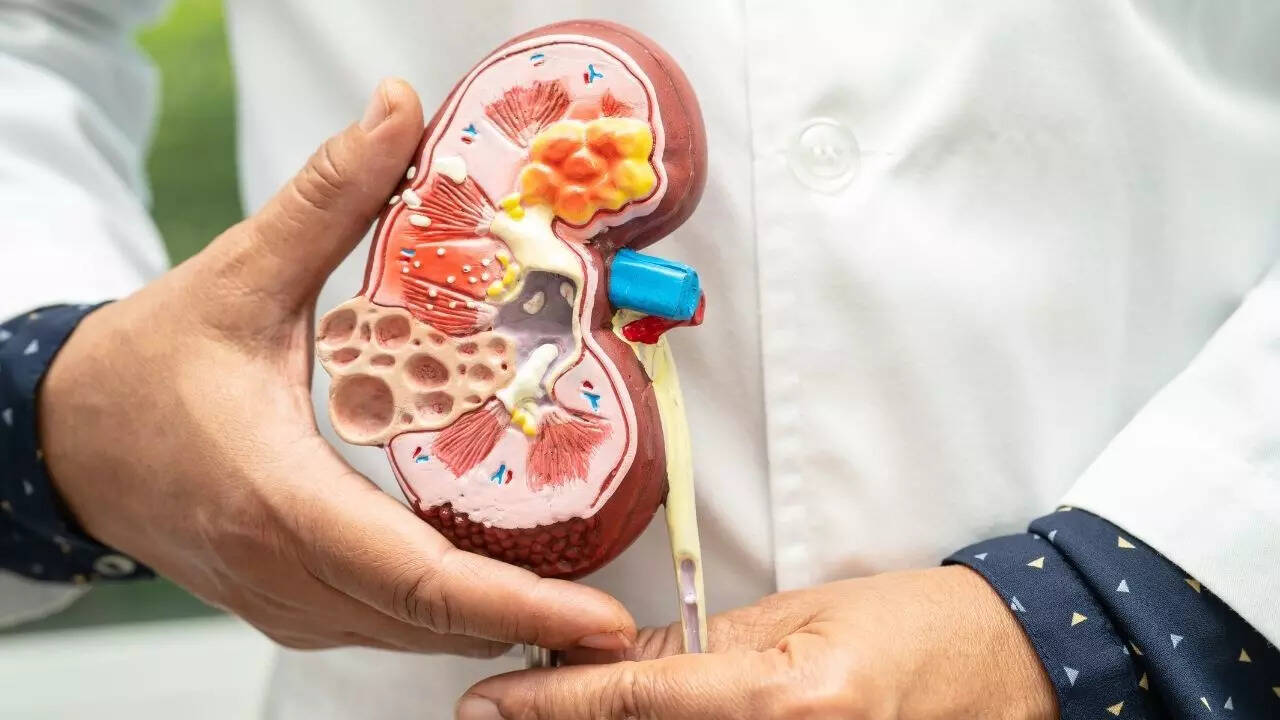ARTICLE AD BOX

Image credits: Instagram/@jesseeisenbergunofficial & Canva
Hollywood actor Jesse Eisenberg has shared that he will soon donate one of his kidneys to a ‘stranger’. The 42-year-old actor revealed that his surgery is scheduled for mid-December. On the Today show, Eisenberg described the decision as an “easy one,” noting that his regular habit of blood donation gradually led him to explore kidney donation.Eisenberg stands by his decision, emphasizing, “It's essentially risk-free and so needed." He believes more people will realize "it's a no-brainer, if you have the time and the inclination.”
What is a “living kidney donation”?

As per US National Kidney Foundation, living kidney donation is when a healthy person donates one of their two kidneys while they are alive. Since humans can live normally with one functioning kidney, this procedure allows donors to save another person’s life while maintaining their own health.There are two main types of living kidney donation:
- Directed donation – The donor gives a kidney to a specific person, such as a family member or friend.
- Non-directed donation – The donor gives a kidney to an unknown recipient, usually through a national registry that matches donors and patients based on medical compatibility.
Unlike direct donations, where the organ goes to a known recipient, Eisenberg’s procedure is non-directed, meaning his kidney will be matched to a patient in need through a transplant registry. Impact on living kidney donors life
Findings from the RELIVE study published in NIH, reported 95% rated their donation experience as good or excellent; about 9% reported some negative psychosocial outcomes like regret, discomfort or financial burden.

Health risks and recovery
- An adult (18–65 years) in good physical and mental health.
- Free of serious chronic conditions, such as uncontrolled high blood pressure, diabetes, cancer, or heart disease.
- Non-smoker or willing to quit, as smoking may increase surgical risks.
- Within a healthy body weight range, since obesity can increase complications.
- Psychologically ready and fully informed, as the process involves counseling to ensure the donor is emotionally and mentally prepared.
- Medically compatible with the recipient (in directed donations) or healthy enough to enter a donor matching registry.
- Before approval, donors undergo extensive testing.
However, some people are not eligible to be living kidney donors due to health or medical safety concerns. As per Mayo Clinic, Individuals may not qualify if they have:
- Uncontrolled hypertension or diabetes
- Chronic kidney disease or abnormal kidney function tests
- Active infections (e.g., hepatitis B, hepatitis C, HIV)
- History of certain cancers (especially if risk of recurrence is high)
- Significant obesity (BMI >35)
- Autoimmune or systemic diseases (like lupus or severe rheumatoid arthritis)
- Pregnancy: donation is deferred until after childbirth
Doctors also assess long-term risk factors such as family history of kidney disease or genetic disorders before approving donation.

 15 hours ago
3
15 hours ago
3








 English (US) ·
English (US) ·